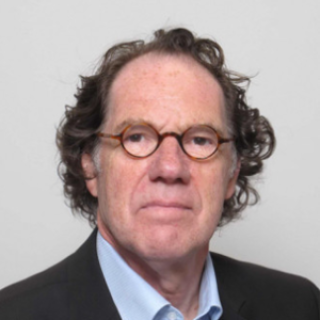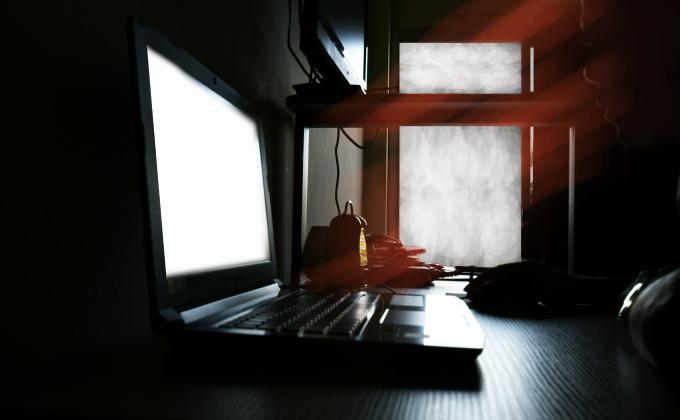On Tuesday 10 June 2014, the Netherlands Permanent Mission to the United Nations (UN) hosted a side-event entitled “Practices in and reflections on development, security, and peace in contexts of violent extremism and terrorism by government, civil society and community delegates”, which coincided with the fourth Review of the UN Global Counter-Terrorism Strategy in New York. Human Security Collective Human Security Collective (HSC) organised this series of panels in collaboration with ICCT, Global Partnership for the Prevention of Armed Conflict (GPPAC), West African Network for Peacebuilding (WANEP), Hedayah, Cordaid and United Network of Young Peace builders (UNOY). The two panels in the morning were held at the Netherlands Permanent Mission, whilst the afternoon panels took place at the UN Conference Building.
The purpose of this one-day side-event was to bring together a number of practitioners, community leaders and civil society actors to discuss the relations between (human) security and development sectors and how strengthening these relationships can effectively reinforce policies and programmes aimed at countering violent extremism (CVE). The panels succeeded in providing a platform for alternative voices and approaches: bottom-up instead of top-down, from a human security instead of a physical security perspective, building bridges between development and security communities.
Panel 1: Civil Society Engagement and a Human Security Approach to CVE to CVE in Mali
The first panel, chaired by HSC Deputy Director Fulco van Deventer, built upon a project initiated by WANEP, GPPAC and HSC that aims to connect development, conflict mediation and security initiatives in Mali through a human security approach. Following a presentation by the Malian Ambassador to the UN Mr. Sékou Kassé on the threat of terrorism in Mali and governmental responses, the panel turned to Malian Imam Cheick Mohamed Diallo for his perspectives on the role of religion as a force for good (community cohesion, healing, sharing, etc.), but also, when abused, as a source of negativity (radicalisation, violence, etc.). The next presentation, by WANEP Mali board member Oulie Keita, provided a straight-from-the-heart grassroots perspective on the impact of violent extremism and responses by the Malian government and international society. The panel was concluded by Michael Merker from the European Union’s External Action Service, who stressed that complex problems such as in the case of Mali should be analysed and solved by an integrated development and security approach. Specifically in the context of Mali, the range of challenges (including weak state institutions and judicial systems, difficulties ensuring rule of law, lack of social and political inclusiveness, and serious (human) security challenges) demands a comprehensive, multi-actor response.
Panel 2: Intra and Interfaith Dialogue to Prevent and Counter Violent Extremism
The second panel, moderated by Hedayah COO Ivo Veenkamp, zoomed in on the importance of intra- and interfaith dialogue in building resilient societies and countering violent extremism. Panellists included Mr. Abdi Billow from the Wajir Peace and Development Agency in Kenya, Father George Ehusani from Interfaith Activities and Partnership for Peace (IFAP) in Nigeria, and Father Gary Donegan from the Passionists Community in Holy Cross, Ardoyne, Northern Ireland. The panellists emphasised the importance of building trusted relationships amongst divisive religious and cultural lines in one’s community and society to restore and strengthen social fabric in conflict-torn areas. Parallel to interfaith relationship building, one has to work on relationships within the same faith community. This work is less about being an expert but all about being personally involved with communities and community-based organisations. All three stressed the importance of building a culture of peace as a necessary condition for a secure and prosperous society that has come out of structural violent conflict or civil war.
Background Note Interfaith Panel
Panel 3: Reintegrating Violent Extremist Offenders: A Role for Governments and Communities
Following a word of welcome by Dutch Permanent Representative to the UN Mr. Karel van Oosterom, in which he paid special tribute to Max Boon and the work he has been undertaking with fellow victims of terrorism in Indonesia, the third panel on reintegration started under the chairwomanship of HSC Executive Director Lia van Broekhoven. This panel built upon the work ICCT is conducting in the domain of managing, rehabilitating and reintegrating violent extremist offenders, stressing that facilitating a peaceful and positive reintegration of violent extremists, including returning foreign fighters, is a responsibility for both governments and communities. Background Note Reintegration Panel Video Footage Reintegration Panel (UN Web TV)
Panel 4: Role of Young Community Leaders in Fostering Resilient Communities
The last panel, moderated by ICCT Director Peter Knoope, featured several inspiring presentations by young community leaders from all over the globe: Robert Ochola (From the Graves to the Ground, Kenya), Krmanj Othman (UNOY, Iraq), Rewa Barghouthi (Palestinian Center for Peace and Democracy, Palestine), Gulalai Ismail (Aware Girls, Pakistan), Marouane Bakit (Society Hope Makers for Human Rights, Libya) and Matilda Flemming (UNOY HQ, The Hague). The panel was opened by Jehangir Khan, Director of UN Counter-Terrorism Implementation Task Force. Each panellist provided a briefing about their own initiatives and the role youth can and should play in countering violent extremism and peacebuilding, they emphasised that youngsters should not only be seen as victims of terrorism or the target audience of CVE programmes, but play an integral role in the development and implementation of peace processes and programmes. The messages were clear: Stop seeing youth as troublemakers, include them as peacemakers; Youth should be the leaders of today, not of the future; and There is a need for inter-generational justice. Background Note Youth Panel




